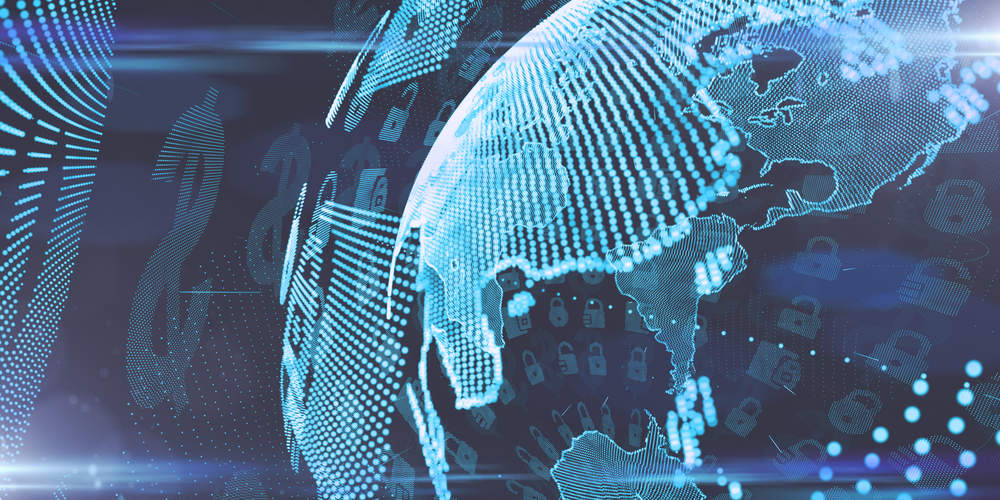
Germany’s Foreign Minister Heiko Maas has called for the creation of a new global payments system that cuts out the US and allows Europe to be independent in its financial operations.
It’s a clear vote of ‘no confidence’ from Germany in the US dominance over international payments. However, the decision has a much more significant global impact. Separating from the US to create a new global payments system could save the much debated Iran Nuclear deal.

Access deeper industry intelligence
Experience unmatched clarity with a single platform that combines unique data, AI, and human expertise.
In May 2018, President Trump fulfilled an election campaign promise to pull out of the landmark 2015 nuclear deal. An agreement former Secretary of State John Kerry was quoted as saying “made the world a safer place.”
Now Maas is calling for European autonomy on issues like the Iran deal.
Sanctions could destroy nuclear peace
According to the Financial Times, Mass wrote in the German daily Handelsblatt that:
“It’s essential that we strengthen European autonomy by establishing payment channels that are independent of the US. We create a European Monetary Fund and build up an independent Swift system.”

US Tariffs are shifting - will you react or anticipate?
Don’t let policy changes catch you off guard. Stay proactive with real-time data and expert analysis.
By GlobalDataMaas said it was vital for Europe to stick with the Iran deal. “Every day the agreement continues to exist is better than the highly explosive crisis that otherwise threatens the Middle East.”
The Foreign Ministers’ call comes at an uncertain time for trade as the US and Europe continue to battle sanctions. On June 6 France, Britain, Germany sent President Trump’s administration a joint official request for their companies to be exempt.
In July, Washington announced that it will not remove sanctions on corporations operating in Iran. The sectors in danger in Europe run across healthcare, finance and energy. If a new global payments system was established, Europe would be free to trade as normal with Iran.
The pressure of the new sanctions has already forced companies to move out. Total, France’s largest oil and gas company announced that it would pull out of an Iranian gas project. The company admitted that the sanctions could have a negative effect on its business.
France had warned of this earlier on in the year. In an interview with French newspaper Le Figaro, French Economy Minister Bruno Le Maire noted that he had already passed on his concerns that the US would reject Europe’s request.
“I wrote in the springtime to Steve Mnuchin to ask him for an exemption for European companies legally working in Iran. We have just received the answer, and it’s negative.”
Swift action needed
The new sanctions could also have a damaging impact on SWIFT, a Belgium-based global payment system. Over 11,000 financial institutions in more than 200 countries and territories around the world use SWIFT’s messaging services.
However, unless the company wins an exemption from the sanctions, it will be forced to divert its business away from Iranian banks. Failing to do so will cause the US to engage in countermeasures and penalties.
The Iran deal and the Paris climate treaty are both agreements that the EU staunchly supports. It may be, that to cope with the depth of the dilemma facing the EU as they struggle to keep the Iran deal alive is to create a new global payments system in order to control financial decisions independent of the US.







